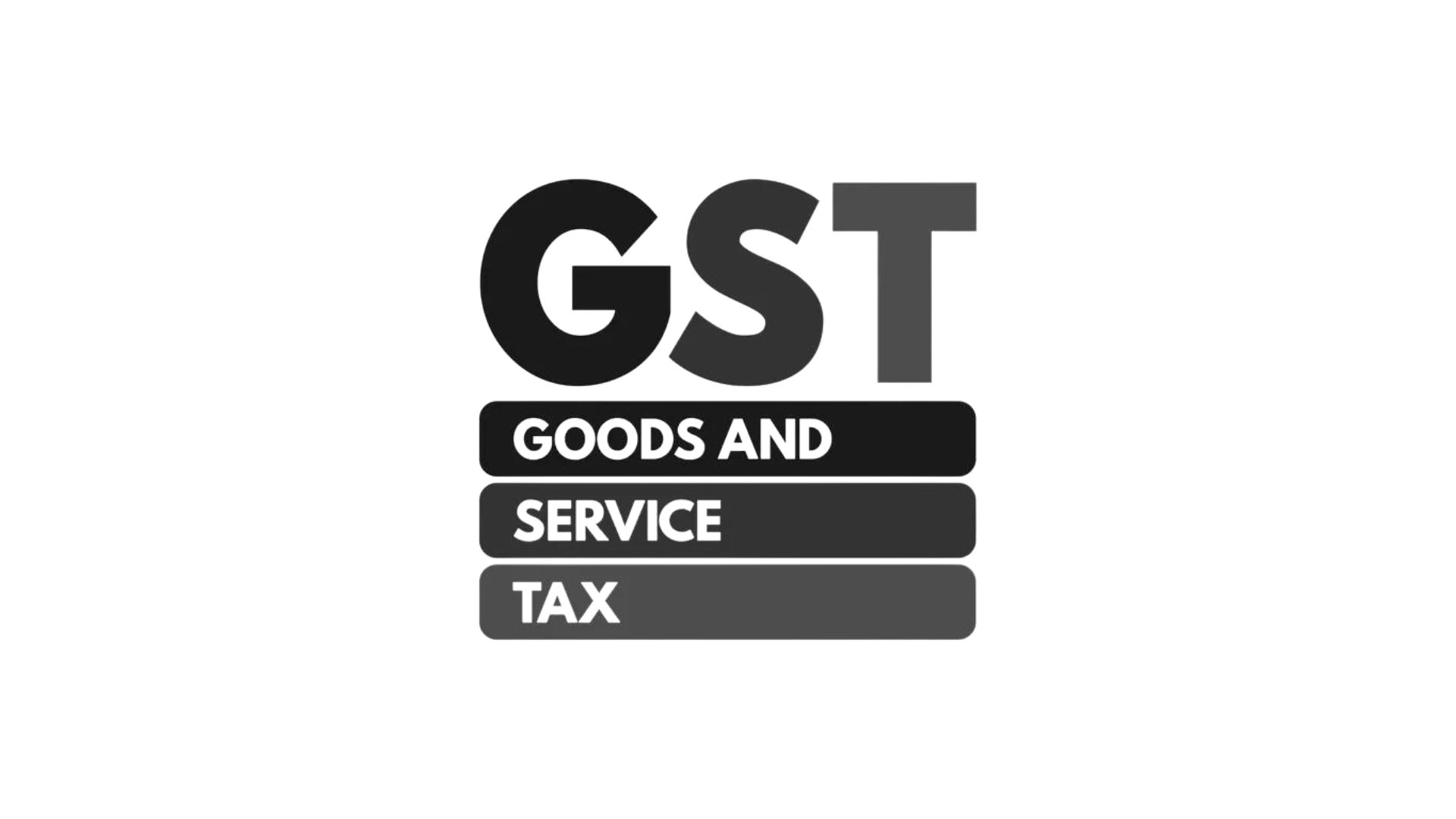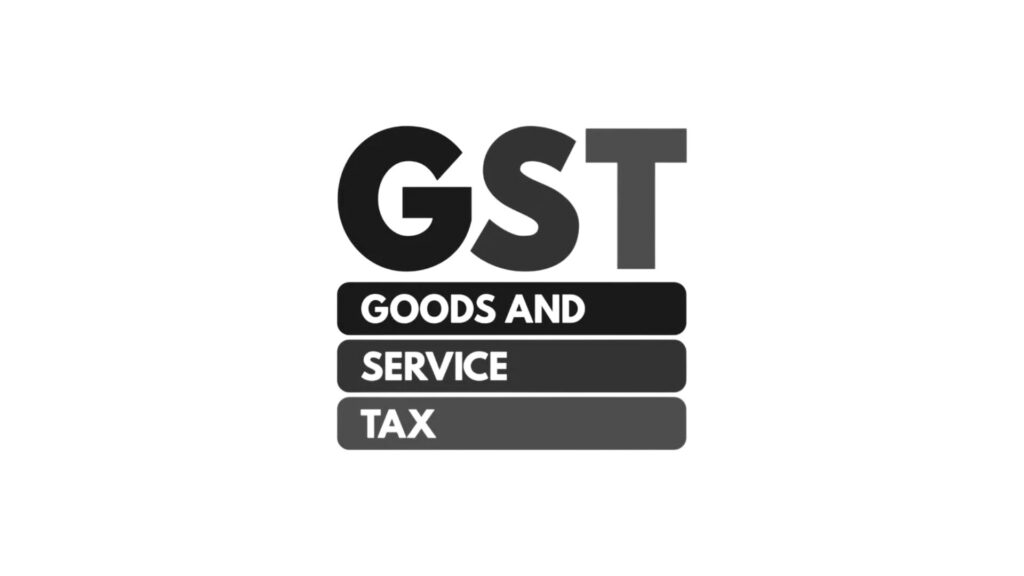
31 May HC Grants Stay on Demand Order Wherein Validity of Extension Notifications Under Section 168A of the CGST Act, Challenged

Introduction
In a recent case before the Hon’ble High Court of Andhra Pradesh, the matter of M/s. Fluentgrid Limited v. The Additional Commissioner of Central Tax and Ors. [Writ Petition No. 8291 of 2024 dated April 04, 2024] has garnered attention. This case delves into the intricacies of the Central Goods and Services Tax (CGST) Act, particularly focusing on the validity of extension notifications under Section 168A. The court’s decision to grant a stay on the demand order has significant implications for taxpayers and tax authorities alike.
Facts of the Case
M/s. Fluentgrid Limited, referred to as “the Petitioner,” filed a writ petition challenging an Order in Original dated December 20, 2023 (“the Impugned Order”). The Petitioner sought directions regarding the adjustment of payments in Special Economic Zones (“SEZ”) registration with the demand raised in DTA (Domestic Tariff Area) registration, without incurring interest and penalties. Alternatively, they requested a refund of the excess GST paid in SEZ registration and permission to remit GST in DTA registration without facing interest and penalties.
The challenge also extended to the validity of notifications issued under Section 168A of the CGST Act. The crux of the matter lay in the contention that the initiation of proceedings exceeded the period of limitation as outlined in the law. Specifically, the Petitioner referred to Notification No. 09/2023-Central Tax dated March 31, 2023, which extended the period of limitation to three years from February 02, 2020, for passing orders for Assessment Year 2017-18.
Issue
The central issue revolved around the timeliness of the proceedings initiated by the tax authorities. The Petitioner argued that the issuance of Show Cause Notices (SCNs) did not align with the provisions of Section 73(2) of the CGST Act. Additionally, the question of whether the ‘due date’ or the ‘actual date’ of filing returns is relevant for limitation purposes was brought to the forefront.
Held
The Hon’ble High Court of Andhra Pradesh provided crucial insights into the matter. It noted that the initiation of proceedings indeed surpassed the period of limitation, including the extended period mentioned in the Notification. Emphasizing the significance of the ‘due date’ over the ‘actual date’ of filing returns for limitation purposes, the court granted a stay on coercive actions until the next date of hearing. Furthermore, it ruled that no cause was established at the current stage for directing the Petitioner to make any deposits.
In conclusion, the decision of the Hon’ble High Court of Andhra Pradesh in M/s. Fluentgrid Limited v. The Additional Commissioner of Central Tax and Ors. sheds light on the interpretation and application of provisions under the CGST Act, particularly concerning limitation periods and coercive actions by tax authorities.


No Comments